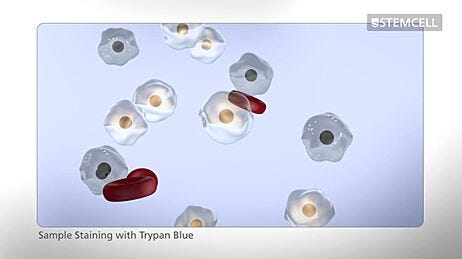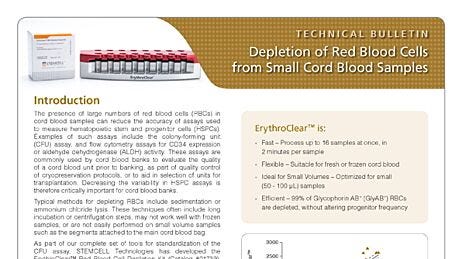Dr. Anubama Rajan shares how she and her colleagues are adapting their research to contribute to SARS-CoV-2 knowledge
Developing Novel Stem Cell Platforms to Study SARS-COV-2 Viral Pathogenesis, Therapeutics, and Vaccines
Vice President, American Society for Microbiology, Texas Medical Center Chapter

Dr. Anubama Rajan is a postdoctoral associate in Dr. Pedro Piedra’s lab at the Baylor College of Medicine, where she is developing pulmonary organoids to study respiratory viral diseases. In this Q&A, Anubama shares how she and her colleagues are adapting their research to contribute to SARS-CoV-2 knowledge.
With our lab specializing in technologies that have a potential for a significant positive impact on COVID-19, I felt that a lot could be done to help during the current pandemic.
Dr. Anubama Rajan
Please provide a general overview of your research interests.
I have a constant fascination for the world of microorganisms. I have explored the use of human intestinal organoids to study bacterial adherence, and I have identified the host receptor and bacterial ligand for enteroaggregative E. coli adherence to intestinal epithelium. Currently, I am working towards development of 3D and 2D lung organoids to study respiratory viral diseases. My long-term goal is to advance the use of organoid technology for the purpose of understanding human diseases and developing vaccine targets and therapeutics.
Going back to when you first heard about this new coronavirus, what were some of your initial thoughts on how it would affect your research?
While most research in various institutions was shut down in light of the pandemic, I thought this was a huge responsibility and opportunity for scientists like us. With our lab specializing in technologies that have a potential for a significant positive impact on COVID-19, I felt that a lot could be done to help during the current pandemic.
How are you (or your team) currently studying COVID-19?
We work on real-time diagnoses for the COVID-19 samples and are developing serological assays to determine the seroprevalence to COVID-19 infection. We are studying this disease by using pulmonoids from various age groups. This will help us to better understand the disease pattern, virus evolution, and pathogenesis.
What are some of the scientific challenges COVID-19 researchers are faced with?
With the lock-down in place, [our ability to obtain] the majority of the clinical samples that we were receiving from non-emergency procedures and the needed reagents/supplies has come to a standstill. At the moment, we are working with what we have and trying to make it sustainable. Also, downstream processing of our assays or samples has been difficult without employees being on campus, delaying our ability to perform comprehensive analysis and discovery.
How are you using STEMCELL products in your research?
We have used PneumaCult™ media for the growth of our organoids, which has saved us a lot of time and effort.
Related products: PneumaCult™-ALI-S Medium, PneumaCult™-ALI Medium, PneumaCult™-Ex Plus Medium, PneumaCult™-Ex Medium
Explore These Resources
Request Pricing
Thank you for your interest in this product. Please provide us with your contact information and your local representative will contact you with a customized quote. Where appropriate, they can also assist you with a(n):
Estimated delivery time for your area
Product sample or exclusive offer
In-lab demonstration





